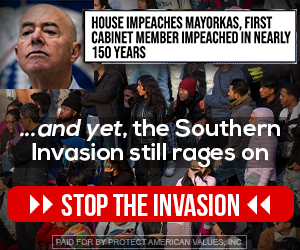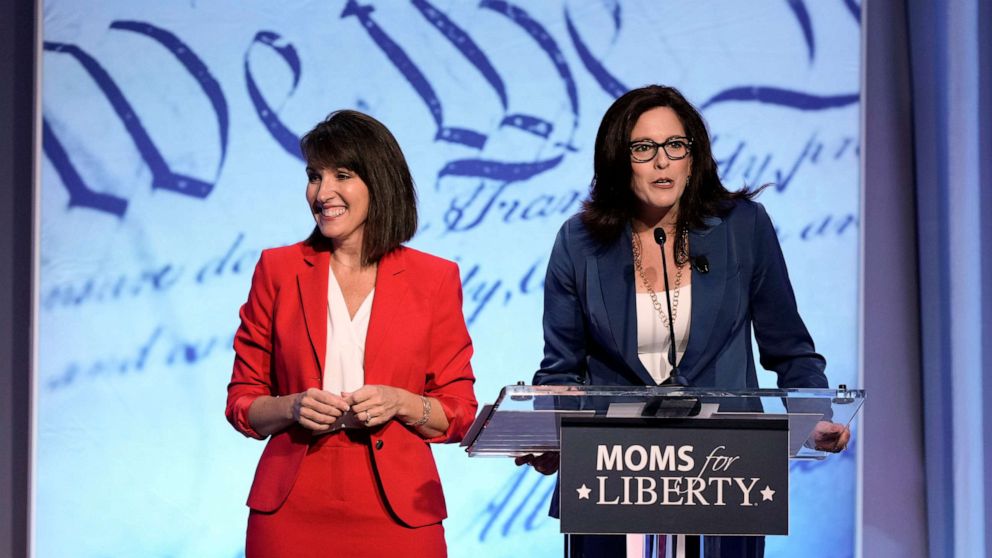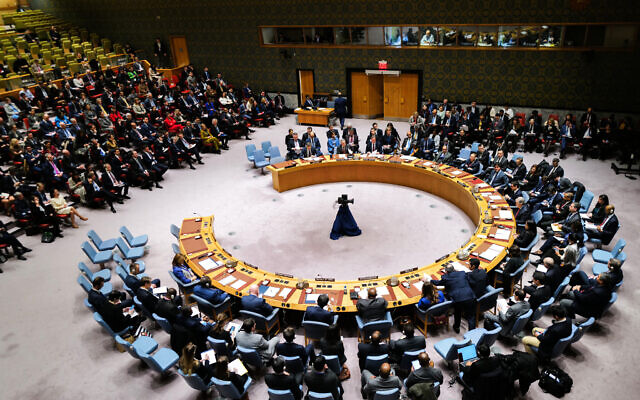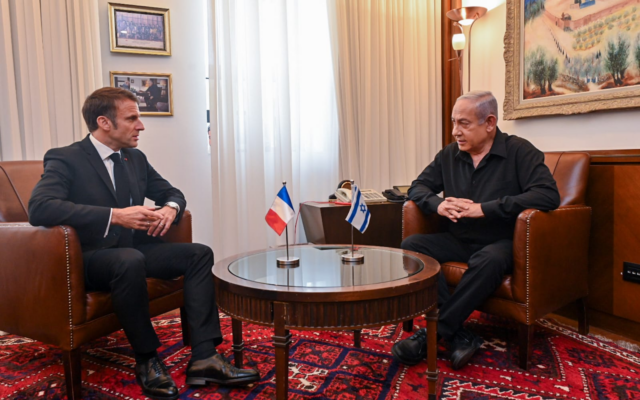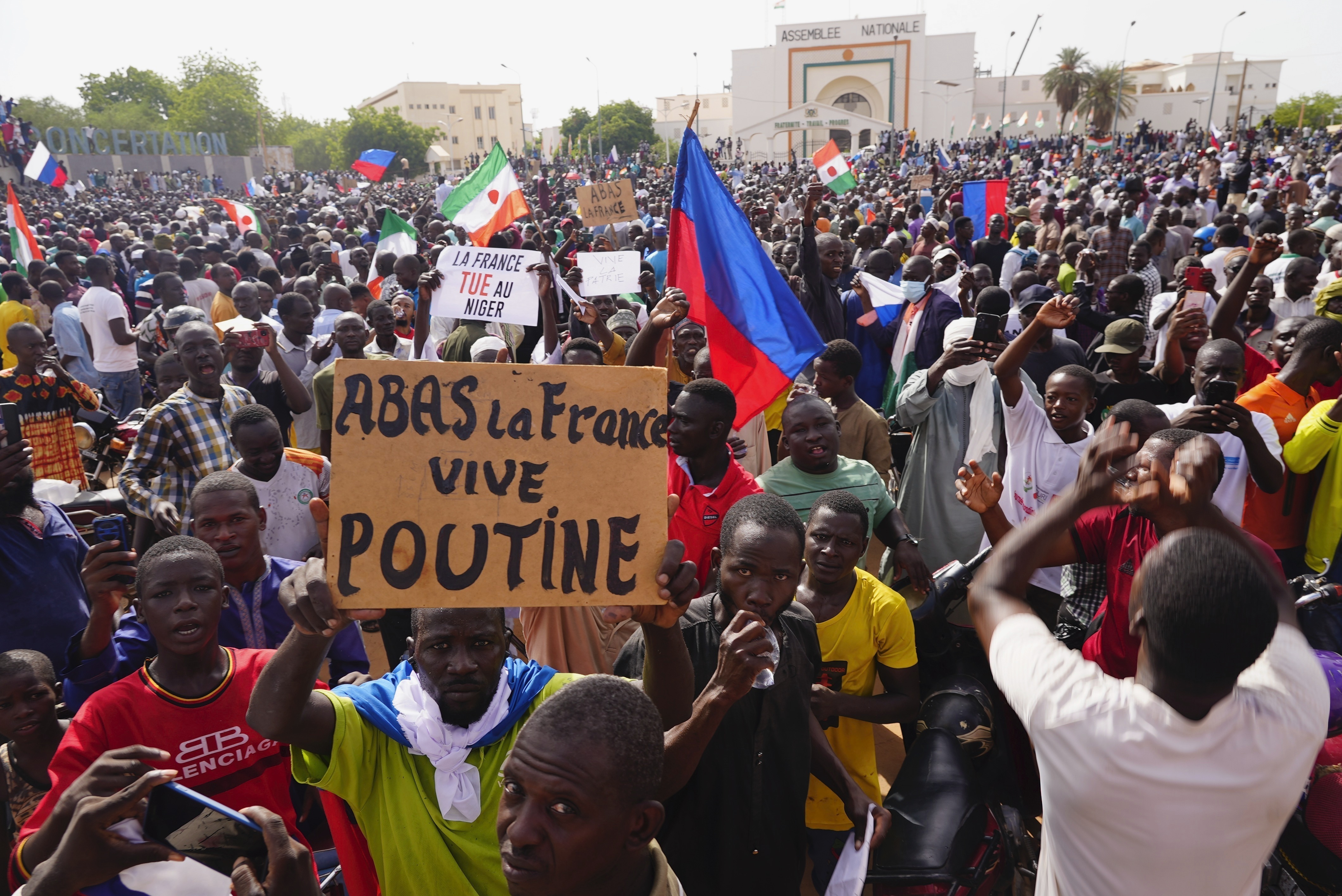600 arrested and 200 police officers hurt on France’s 3rd night of protests over teen’s killing
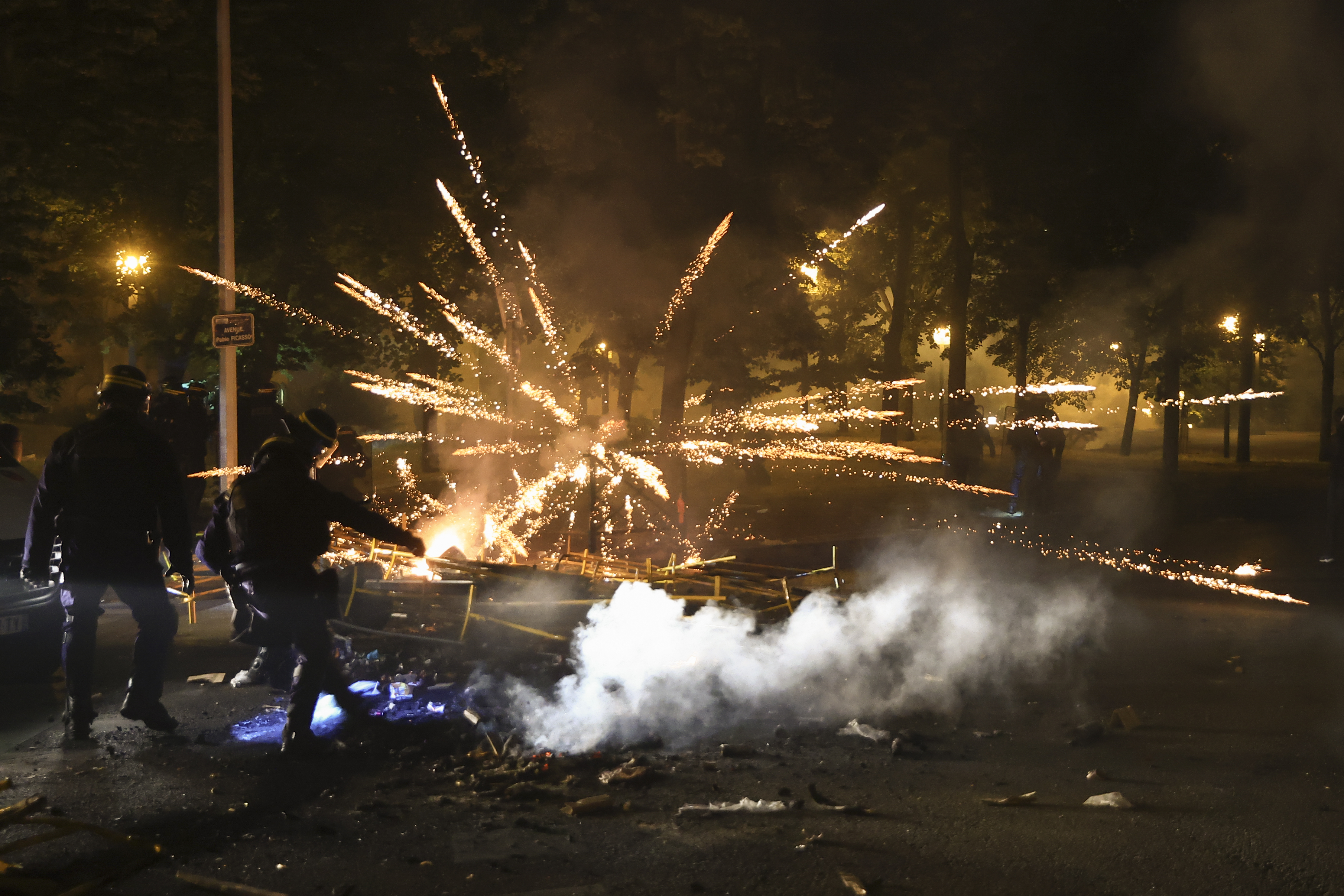
Overnight, protesters set up barricades and lit fires to attack police officers who used tear gas and water guns in response. Tensions were rising over the police shooting that killed a 17 year old and shocked the country. As the government tried to restore order after a third night filled with unrest, more than 600 people have been arrested and 200 police officers have been injured.
In the suburb of Nanterre in northwestern Paris, armored police cars rammed the charred remains left by cars that were flipped over and set on fire. A police officer had shot the teenager, identified only as Nahel. The teen’s relative said that his family was of Algerian descent.
Unrest reached as far as the Belgian capital, Brussels. A dozen people were arrested during scuffles relating to the shootings in France.
In a number of Parisian neighborhoods, people have hurled fireworks at security forces. In the 12th district of Paris, a police station was attacked. Shops were looted in Rivoli Street, near the Louvre Museum, and in Forum des Halles – the largest shopping center in central Paris.
Regional authorities reported that police in Marseille, a Mediterranean port city, were trying to disperse violent gangs in the city centre.
In France, dozens of cities and towns experienced similar incidents.
Around 40,000 police officers deployed to suppress the protests. The interior minister reported that 667 people were detained by the police. According to the Paris Police Headquarters, 307 of them were from the Paris region.
A spokesperson for the national police said that around 200 police officers had been injured. There was no information available on injuries in the general population.
The Interior Minister Gerald Darmanin denounced on Friday what he described as a “rare night of violence” as part of a government effort to be “extremely strict” with rioters.
The French government did not declare a state-of-emergency, a step taken to calm weeks of rioting in France following the 2005 death of two young boys who fled police. But Prime Minister Elisabeth Borne said Friday that the option was being considered.
President Emmanuel Macron returned to Paris early Friday from the EU summit in Brussels where France has a significant role in European policymaking. He held an emergency security conference in Paris.
The German government said on Friday that it is monitoring the unrests in France with “some concern”, but it is up to the French authorities and public to address the issue.
The officer who is accused of firing the gun on Tuesday has been charged with voluntary homicide. According to Pascal Prache, his preliminary investigation led him conclude that “the conditions of legal use of the firearm were not met.”
The video of the shooting shocked France, and sparked long-simmering tensions in disadvantaged areas and housing projects between young people and police.
Speaking on French television channel BFMTV about the detained officer, lawyer Laurent-Franck Lienard said that the officer was “devastated” and sorry for what he did.
Lienard stated that the officer did not get up to kill anyone. This is the French way of doing things in criminal cases. “He didn’t really want to kill.”
Prache, Nanterre’s prosecutor, stated that officers attempted to stop Nahel, because he was so young, and driving a Mercedes in a bus lanes with Polish plates. He ran a red signal to avoid being arrested, then got stuck in the traffic.
According to Prache, the officer who fired said that he was afraid he or his colleague could be struck by the car when Nahel tried to flee.
Mounia Mounia, Nahel’s mother, told France 5 that she was angry with the officer who killed Nahel, but not the police as a whole. She said that the officer saw an Arab-looking child and wanted to kill him.
She said, “A policeman cannot fire his gun at our children and take their lives.”
Nahel’s grandmother, who has not been identified, told Algerian TV Ennahar TV that her family roots are in Algeria.
In a statement released on Thursday, the Algerian ministry of foreign affairs said that grief was widely felt in this North African nation.
The anti-racism movement has renewed its complaints against police conduct.
Dominique Sopo is the head of SOS Racisme, a campaign group. The issue is to make sure that police officers don’t shout at Blacks or Arabs when they see them. They also shouldn’t use racist terminology against them. In some cases, they can even shoot them in their heads.
For decades, race was taboo in France. The country is committed to the doctrine of colorblind universalism. Some groups are claiming that the consensus is a cover for widespread racism and discrimination.
In France, the use of deadly firearms by police is rarer than in America. However, 13 people who refused to comply with traffic stops were shot dead by French officers last year. Three more people have died in similar circumstances this year, including Nahel. These deaths have led to calls for greater accountability in France. Protests were also held against racism in France after the police killed George Floyd in Minnesota.
The protests that took place in France’s suburbs are reminiscent of 2005 when the deaths Bouna Traore, 15, and Zyed Benna, 17, led to three-week-long riots. This exposed anger and resentment within neglected housing projects. The boys were electrocuted in Clichy-sous-Bois after they hid from the police in an electrical substation.
The U.N. Human Rights Office in Geneva expressed concern over the killing of the teenager and the violence that followed. It urged the authorities to investigate allegations of excessive force being used by them to quell the unrest.
Reporters were told by Ravina Shamdasani, spokesperson for the Department of Public Safety: “This is the moment to address seriously the issues of racism and discrimination based on race in the law enforcement.”
Shamdasani stated that the U.N. Committee on the Elimination of Racial Discrimination had expressed concerns in December regarding “the frequent use of ID checks, discriminatory stop, and the application of criminal fines fixed by the law enforcement agencies or police, which they claimed disproportionately targeted members of certain minorities.”

